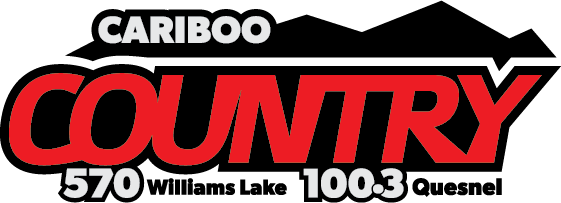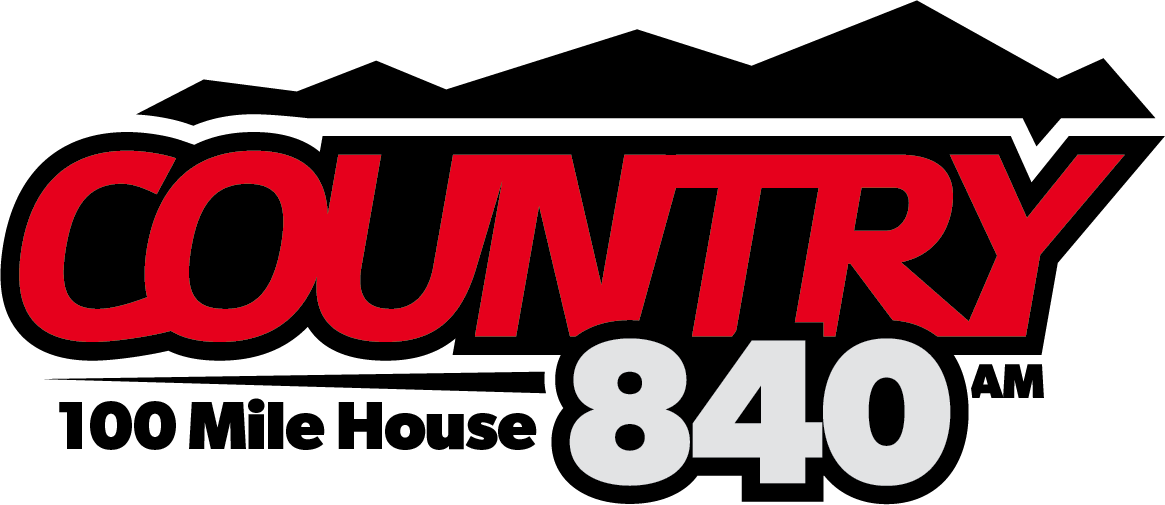A healthy eating program developed by the BC government and the Canadian Diabetes Association is going national.
The Indigenous People’s Assembly of Canada (ICAP) is adopting Food Skills for Families and will be partnering with the Diabetes Association to bring healthy eating skills to off-reserve indigenous families across the country.
ICAP National Chief Dwight Dorey explains how the program will work.
“The program will, in fact, provide training for facilitators who will then go out into communities and share information with people about some of these really serious health issues that are contributed to or can be reduced just through daily diet.”
According to Statistics Canada, indigenous people living off reserve report poorer health than other groups. Stats Canada says this is at least partly due to high rates of chronic health conditions, including obesity and diabetes.
Dorey says diabetes especially is a serious concern.
“It’s a lead-up factor to strokes, heart attacks, kidney failure and even amputations.”
He says the Food Skills for Families program has the potential to change, and to save, lives.
“We hope it’s going to lower the rates of diabetes and other health issues through better nutrition and better healthy eating habits of our people,” Dorey says.
“The credibility in this program has a lot to do with the fact that it was designed by the Canadian Diabetes Association. Its modules are based on Canada’s Food Guide. It’s one that we really hope is going to take effect and will grow.”
Participants in the program will learn how and where to purchase healthy foods in their communities and convenient ways to prepare them.
Dorey says ICAP will be adding a new aspect to the program – a focus on traditional First Nations foods.
“It’ll be a matter of people looking at what are the traditional foods in their local area that they may not have been really focusing on in the past, as an alternative to what, in some areas, are very high priced fresh produce.”
He says many indigenous people who live in remote and especially northern communities often struggle to get access to affordable fresh food options.
Something going on in the Cariboo you think people should know about?
Send us a news tip by emailing [email protected].









